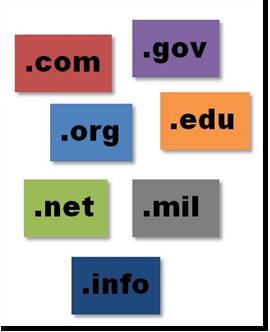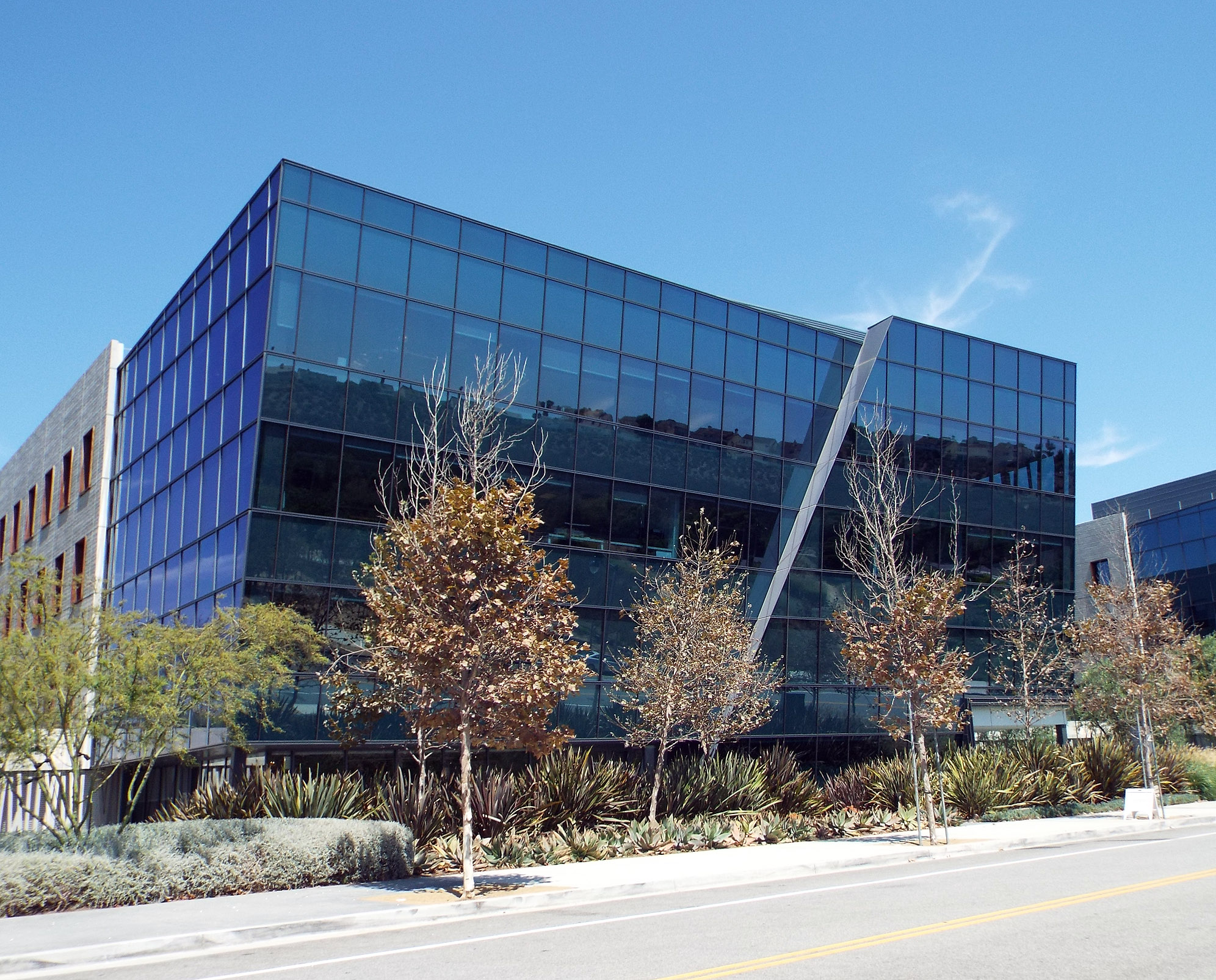|
.gal
.gal () is a GeoTLD intended to highlight the Galician people, Galician language, and Galician culture. It was approved on 14 June 2013 by ICANN, and the first 93 domains went online on July 25, 2014. The initiative was backed by more than 13,700 people and 110 institutions in Galicia, including relevant agencies of culture such as the Royal Galician Academy, the Galician Culture Council, and the three Galician universities. Asociación PuntoGal is committed to establishing a foundation to reinvest the money in projects that promote Galician language and culture in the field of new technologies. See also * List of Internet top-level domains * Top-level domain A top-level domain (TLD) is one of the domains at the highest level in the hierarchical Domain Name System The Domain Name System (DNS) is a hierarchical and distributed naming system for computers, services, and other resources in the ... References External links Asociación PuntoGalDominio .gal the f ... [...More Info...] [...Related Items...] OR: [Wikipedia] [Google] [Baidu] |
Galicia (Spain)
Galicia (; gl, Galicia or ; es, Galicia}; pt, Galiza) is an autonomous community of Spain and historic nationality under Spanish law. Located in the northwest Iberian Peninsula, it includes the provinces of A Coruña, Lugo, Ourense, and Pontevedra. Galicia is located in Atlantic Europe. It is bordered by Portugal to the south, the Spanish autonomous communities of Castile and León and Asturias to the east, the Atlantic Ocean to the west, and the Cantabrian Sea to the north. It had a population of 2,701,743 in 2018 and a total area of . Galicia has over of coastline, including its offshore islands and islets, among them Cíes Islands, Ons, Sálvora, Cortegada Island, which together form the Atlantic Islands of Galicia National Park, and the largest and most populated, A Illa de Arousa. The area now called Galicia was first inhabited by humans during the Middle Paleolithic period, and takes its name from the Gallaeci, the Celtic people living north of the Douro River ... [...More Info...] [...Related Items...] OR: [Wikipedia] [Google] [Baidu] |
List Of Internet Top-level Domains
This list of Internet top-level domains (TLD) contains top-level domains, which are those domains in the DNS root zone of the Domain Name System of the Internet. A list of the top-level domains by the Internet Assigned Numbers Authority (IANA) is maintained at the Root Zone Database. IANA also oversees the approval process for new proposed top-level domains for ICANN. , their root domain contains 1502 top-level domains. , the IANA root database includes 1589 TLDs. That also includes 68 that are not assigned (revoked), 8 that are retired and 11 test domains. Those are not represented in IANA's listing and are not in root.zone file (root.zone file also includes one root domain). Types IANA distinguishes the following groups of top-level domains: * infrastructure top-level domain (ARPA) * generic top-level domains (gTLD) * generic-restricted top-level domains (grTLD) * sponsored top-level domains (sTLD) * country code top-level domains (ccTLD) * test top-level domains (tTLD ... [...More Info...] [...Related Items...] OR: [Wikipedia] [Google] [Baidu] |
Galician People
Galicians ( gl, galegos, es, gallegos, link=no) are a Celts, Celtic-Romance peoples, Romance ethnic group from Spain that is closely related to the Portuguese people and has its historic homeland is Galicia (Spain), Galicia, in the north-west of the Iberian Peninsula. Two Romance languages are widely spoken and official in Galicia: the native Galician language, Galician and Spanish. Etymology The ethnonym of the Galicians (''galegos'') derives directly from the Latin ''Gallaeci'' or ''Callaeci'', itself an adaptation of the name of a local Celtic tribe known to the Greeks as Καλλαϊκoί (''Kallaikoí''). They lived in what is now Galicia and northern Portugal and were defeated by the Roman General Decimus Junius Brutus Callaicus in the 2nd century BCE and later conquered by Augustus. The Romans later applied that name to all the people who shared the same Castro culture, culture and Gallaecian language, language in the north-west, from the Douro River valley in the sout ... [...More Info...] [...Related Items...] OR: [Wikipedia] [Google] [Baidu] |
GeoTLD
A geographic top-level domain (often shortened as geographic TLD or geoTLD) is any of an unofficial group of top-level domains in the Domain Name System of the Internet using the name of or invoking an association with a geographical, geopolitical, ethnic, linguistic or cultural community. The IANA does not recognize these domains as their own group within the Root Zone Database, rather classifying them as generic top-level domains. , several examples of geographic TLDs exist: .london, enabling London businesses, organizations, and individuals to establish an online naming presence, .asia (for Asia), .rio (for Rio de Janeiro city), .quebec (for Québec province), .cat which is a sponsored top-level domain intended to be used to highlight the Catalan language and culture. .eu is a country code top-level domain, since "EU" is a reserved country code for the European Union in ISO 3166-1. In 2017, an interest group focused on geographic TLDs was formed and joined as a member of the ... [...More Info...] [...Related Items...] OR: [Wikipedia] [Google] [Baidu] |
Galician Culture
The culture of Galicia is the patterns of human activity and symbolism associated with the Galicia region of Spain and the Galician people. Literature As with many other Romance languages, Galician-Portuguese emerged as a literary language in the Middle Ages, during the 12th-13th century, when a rich lyric tradition developed. However, in the face of the hegemony of Castilian Spanish, during the so-called ''Séculos Escuros'' ("Dark Centuries"), from 1530 to 1800, it fell from major literary or legal use, revived again during the 19th century ''Rexurdimento'' with such writers as Rosalía de Castro, Manuel Murguía, , and Eduardo Pondal. In the 20th century, before the Spanish Civil War the '' Irmandades da Fala'' ("Brotherhood of the Language") and '' Grupo Nós'' included such writers as Vicente Risco, and Castelao; the Seminario de Estudos Galegos promoted the study of the language. Public use of Galician was largely suppressed in Francoist Spain but has been resur ... [...More Info...] [...Related Items...] OR: [Wikipedia] [Google] [Baidu] |
Real Academia Galega
The Royal Galician Academy ( gl, Real Academia Galega, RAG) is an institution dedicated to the study of Galician culture and especially the Galician language; it promulgates norms of grammar, spelling, and vocabulary and works to promote the language. The Academy is based in A Coruña, Galicia, Spain. The current president is Víctor Fernández Freixanes. History In 1905 the Sociedade Protectora da Academia Gallega was founded in La Habana, Cuba. Then on September 30, 1906, thanks to the efforts of writers Manuel Curros Enríquez and Xosé Fontenla Leal, it was reestablished as the ''Real Academia Galega''. Manuel Murguía Manuel Antonio Martínez Murguía (17 May 1833 – 2 February 1923) was a Galician journalist and historian who created the Real Academia Galega. He was one of the main figures in Galician ''Rexurdimento'' movement. He is also remembered as ... was its first president. In 1972 the Academy standardized the design of the coat of arms of the K ... [...More Info...] [...Related Items...] OR: [Wikipedia] [Google] [Baidu] |
Flag Of Galicia
The flag of Galicia appeared for first time in the 19th century, probably based on the colours of the ancient medieval flags of the Kingdom of Galicia. Originally, the flag was probably a blue St Andrew's Cross over a white field – St Andrew is one of the most popular saints in Galicia. The Coat of Arms of Galicia was actually the former flag of the Kingdom of Galicia. The colors blue, white and gold were always related with Galicia. The chalice, with a silver host, and the golden crosses on blue background have been its symbol since medieval times (13th century). For some time it was thought that it was based on the flag of the maritime province of Corunna, but today it is known that the design is earlier. Origin During the 19th century, many thousands of Galicians emigrated to the Americas, with A Coruña being the main Galician port from which the emigrants departed. Tradition has it that the Galician emigrants thought that the A Coruña naval flag flying on the emigra ... [...More Info...] [...Related Items...] OR: [Wikipedia] [Google] [Baidu] |
Generic Top-level Domains
Generic top-level domains (gTLDs) are one of the categories of top-level domains (TLDs) maintained by the Internet Assigned Numbers Authority (IANA) for use in the Domain Name System of the Internet. A top-level domain is the last level of every fully qualified domain name. They are called generic for historical reasons; initially, they were contrasted with country-specific TLDs in RFC 920. The core group of generic top-level domains consists of the com, net, org, biz, and info domains. In addition, the domains name, and pro are also considered ''generic''; however, these are designated as ''restricted'', because registrations within them require proof of eligibility within the guidelines set for each. Historically, the group of generic top-level domains included domains, created in the early development of the domain name system, that are now sponsored by designated agencies or organizations and are restricted to specific types of registrants. Thus, domains edu, gov, ... [...More Info...] [...Related Items...] OR: [Wikipedia] [Google] [Baidu] |
ICANN
The Internet Corporation for Assigned Names and Numbers (ICANN ) is an American multistakeholder group and nonprofit organization responsible for coordinating the maintenance and procedures of several databases related to the namespaces and numerical spaces of the Internet, ensuring the network's stable and secure operation. ICANN performs the actual technical maintenance work of the Central Internet Address pools and DNS root zone registries pursuant to the Internet Assigned Numbers Authority (IANA) function contract. The contract regarding the IANA stewardship functions between ICANN and the National Telecommunications and Information Administration (NTIA) of the United States Department of Commerce ended on October 1, 2016, formally transitioning the functions to the global multistakeholder community. Much of its work has concerned the Internet's global Domain Name System (DNS), including policy development for internationalization of the DNS, introduction of new gene ... [...More Info...] [...Related Items...] OR: [Wikipedia] [Google] [Baidu] |
Domain Name
A domain name is a string that identifies a realm of administrative autonomy, authority or control within the Internet. Domain names are often used to identify services provided through the Internet, such as websites, email services and more. As of 2017, 330.6 million domain names had been registered. Domain names are used in various networking contexts and for application-specific naming and addressing purposes. In general, a domain name identifies a network domain or an Internet Protocol (IP) resource, such as a personal computer used to access the Internet, or a server computer. Domain names are formed by the rules and procedures of the Domain Name System (DNS). Any name registered in the DNS is a domain name. Domain names are organized in subordinate levels (subdomains) of the DNS root domain, which is nameless. The first-level set of domain names are the top-level domains (TLDs), including the generic top-level domains (gTLDs), such as the prominent domains com, info, net, ... [...More Info...] [...Related Items...] OR: [Wikipedia] [Google] [Baidu] |
Galician Culture Council
Galician may refer to: * Something of, from, or related to Galicia (Spain) ** Galician language ** Galician people ** Gallaeci, a large Celtic tribal federation who inhabited Gallaecia (currently Galicia (Spain) * Something of, from, or related to Galicia (Eastern Europe) Galicia ()"Galicia" '' SS ''Galician'' a liner later renamed the HMHS ''Glenart Castle''
See also * Galicia (other) * Halychian (di ...[...More Info...] [...Related Items...] OR: [Wikipedia] [Google] [Baidu] |




